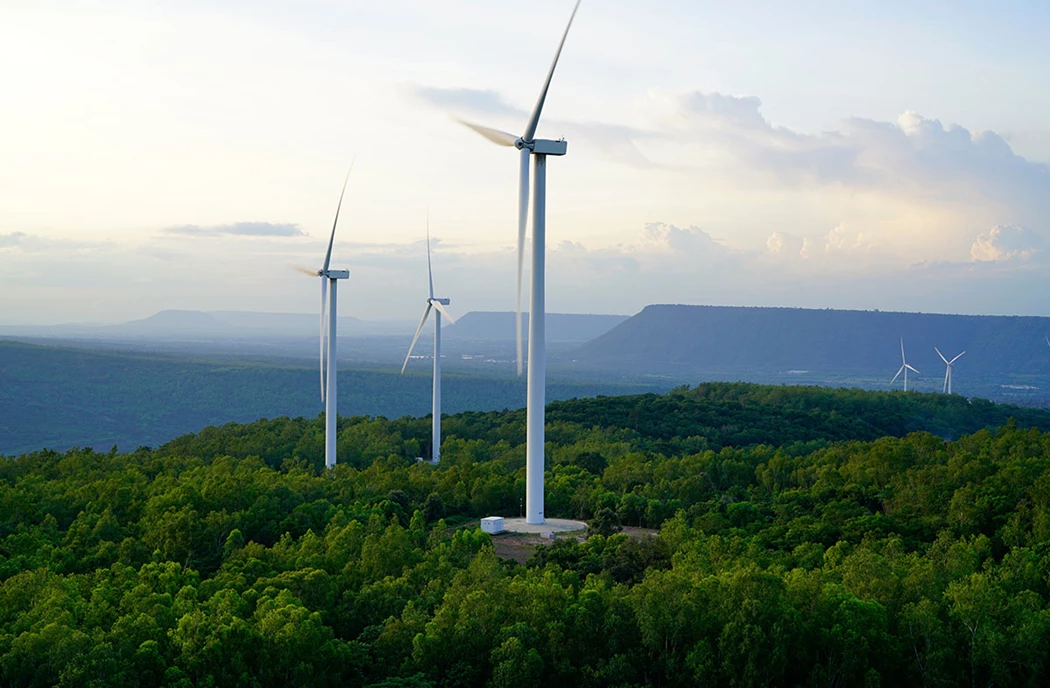Heatwave Points to Energy Blind Spot in UK for Policy Makers
(Bloomberg) -- A blind spot is building up in the UK energy market as temperatures are set to break new records in England.
A UK Met Office warning that temperatures could hit 40 degrees Celsius (104 Fahrenheit) for the first time means that demand for air conditioning and other cooling systems will soar. Still, there is little evidence on how much that demand for cooling will increase and what impact it will have on energy markets that are already racing to secure supplies for winter.
“The lack of data is certainly an issue for policy makers,” said Adam Bell, head of policy at consulting firm Stonehaven. “There is an assumption that the market will handle that, but there is definitely a risk as the weather gets hotter and hotter and heat waves become more common.”
Read more: Potentially Deadly England Heat Wave Set to Break Records
Heat waves are becoming more prevalent over the summer in the UK and other places around the world as the planet warms. A UK Parliament briefing last year said that in 2018, the size of the global market for refrigeration and air conditioning exceeded that of solar panels, and global electricity demand for cooling alone is forecast to triple by 2050. Yet there’s barely any information about the UK itself.
“From April onward, we start seeing demand increase for AC systems and it will continue to grow as the climate heats up,” said Ryan Philp, who works as a business development manager for Daikin UK, an air-conditioning manufacturer.
Heat waves in the UK have typically lasted only a few days of the year. But while the impact of air conditioning use is currently low compared to other uses, it could rise as climate change poses a growing risk. Countries around Europe are rushing to secure energy for winter as Russia threatens to curb gas supply to the continent. This winter, average household bills in the UK are set to be almost three times the level of last year.
“With the move away from fossil fuels, we can focus more on energy efficiency to help reduce energy usage,” Philp said.
More stories like this are available on bloomberg.com
©2022 Bloomberg L.P.
KEEPING THE ENERGY INDUSTRY CONNECTED
Subscribe to our newsletter and get the best of Energy Connects directly to your inbox each week.
By subscribing, you agree to the processing of your personal data by dmg events as described in the Privacy Policy.
More renewables news

House Committee Says It Finds Evidence of ‘Climate Cartel’

WEC Energy Offered $2.5 Billion US Loan for Renewable Projects

With Trump Looming, Biden’s Green Bank Moves to Close Billions in Deals

GE Vernova Expects More Trouble for Struggling Offshore Wind Industry

Climate Tech Funds See Cash Pile Rise to $86 Billion as Investing Slows

GE Vernova to Power City-Sized Data Centers With Gas as AI Demand Soars

Longi Delays Solar Module Plant in China as Sector Struggles

Australia Picks BP, Neoen Projects in Biggest Renewables Tender

SSE Plans £22 Billion Investment to Bolster Scotland’s Grid
















